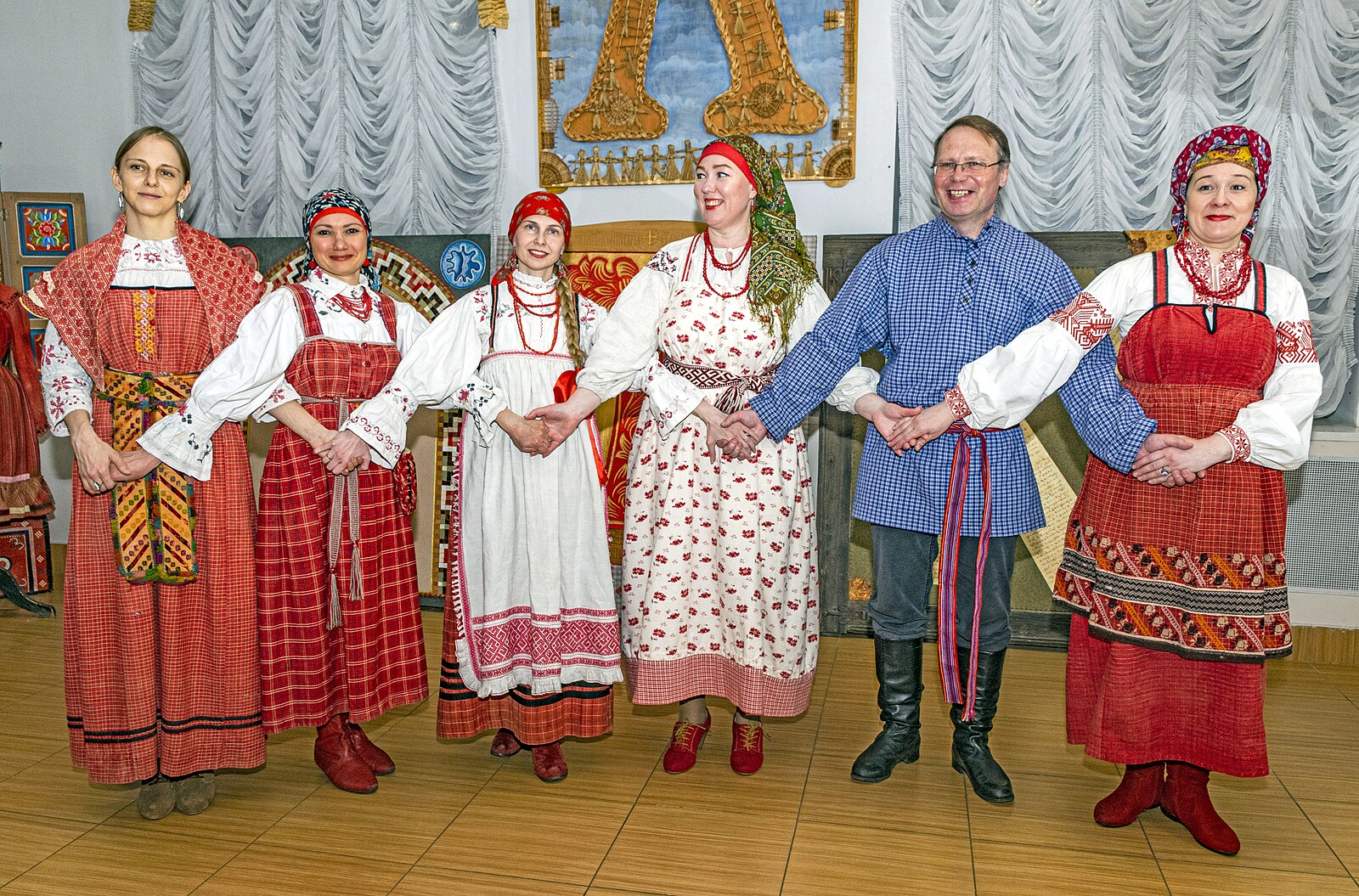Уро́к 6
6.1 Настоя́щая речь – Do you like … ?
Настоя́щая речь
Not too long ago you learned that люби́ть can mean both ‘love’ and ‘like.
The verb нра́виться, however, is another verb that is often used to express ‘liking’.
We are going to be seeing this more in the coming days, but for now you should know that it means ‘to like’. Read the following examples and then work through the exercises on the following pages to get a feel for this new and tons-of-fun verb.
Note the grammar. See anything unexpected?
 |
Вам нра́вится слу́шать му́зыку? Do you like listening to music?Мне нра́вится слу́шать му́зыку. I like listening to music! |
|
 |
Тебе́ нра́вится чита́ть кни́ги? Do you like reading books?Мне нра́вится чита́ть кни́ги. I like reading books. |
|
 |
Вам нра́вится спать? Do you like sleeping?Мне нра́вится спать! I like to sleep! |
|
 |
Тебе́ нра́вится ходи́ть в рестора́ны? Do you like going to restaurants?Мне нра́вится ходи́ть в хоро́шие рестора́ны. I like going to good restaurants. |
|
 |
Вам нра́вится говори́ть по-ру́сски? Do you like to speak Russian?Мне о́чень нра́вится говори́ть по-ру́сски! I really like speaking Russian! |
Grammar note: Dative Case Pronouns
Мне? Вам? Тебе́? What are these words? Well, what do you think, given the context? The are Dative case pronouns. More on Dative case later, but that’s what this is. It turns out, when you say you like something in Russian, you use a Dative case construction to indicate who likes.
| Singular | Plural | |
| First person | Я (Nominative) >>> Мне (Dative) | Мы (Nominative) >>> Нам (Dative) |
| Second person | Ты (Nominative) >>> Тебе (Dative) | Вы (Nominative) >>> Вам (Dative) |
| Third person | Он (Nominative) >>> Ему́ / (Dative) Она (Nominative) >>> Ей (Dative) |
Они (Nominative) >>> Им (Dative) |

